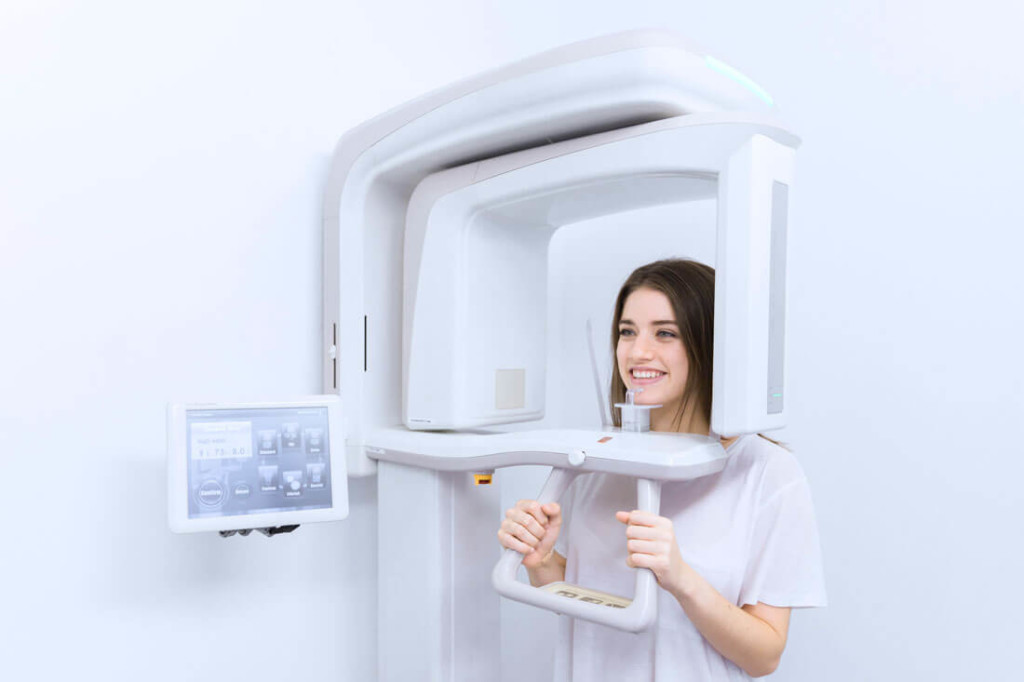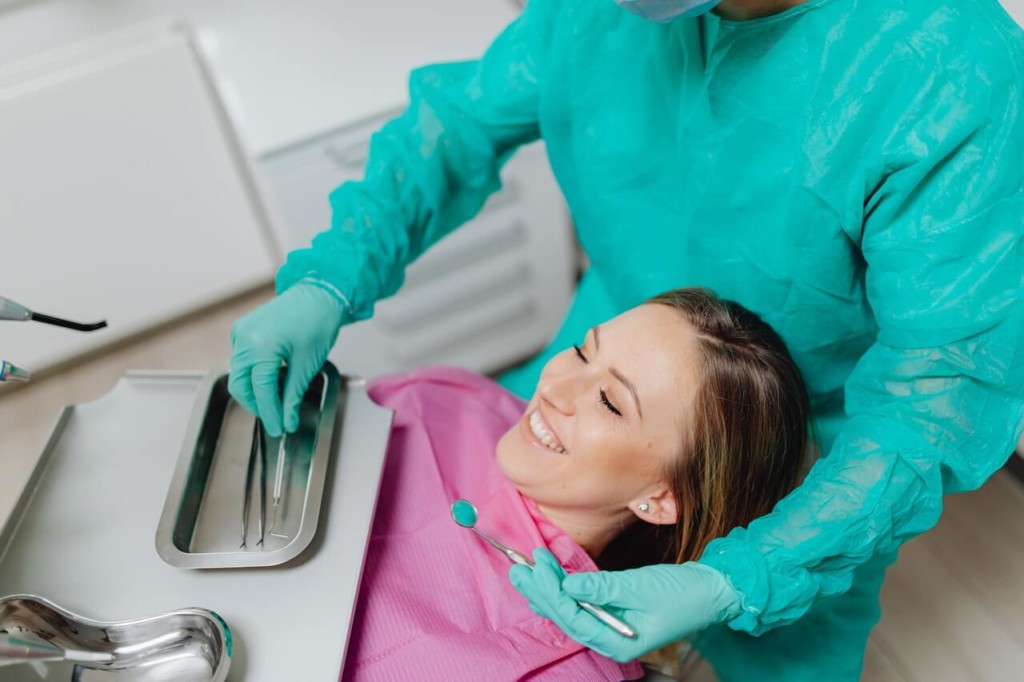Calls for Ukraine
Calls for Europe
Calls for USA

Strategic dental implants are attached to the basal part of the bone (hard bone). This implantation method was developed for patients with a bone defect or with oncopathology, therefore, the main advantages of this type of implantation are the ability to install the implant without bone augmentation. The dentist performs the procedure in one operation without preliminary preparation (grinding) of the teeth.
Despite the wide possibilities of modern dentistry, most people still face the problem of tooth loss.
Causes for tooth extraction or loss:
The loss of one unit or several teeth leads to changes in the oral cavity. Displacement occurs because the teeth move closer to each other in place of the missing element. Adjacent teeth, jaw bones and jaw joints change their position, which can lead to aesthetic distortions and physical discomfort.
After tooth extraction, a person is faced not only with an unpleasant external manifestation, but also with such pathologies:
The more teeth are missing, the more pronounced the patient’s discomfort.

Modern dental clinics have equipment that allows the doctors to determine the treatment regimen at one time.
Most often, doctors prescribe the following examinations:
Foreign and nonresident patients are recommended to take a panoramic X-ray of the entire jaw at their place of residence. This will allow the doctor to determine the full range of work in advance in order to plan the treatment as efficiently as possible.
In some cases, photometry and condylography are also performed.
Photometry – photographing a patient without a tooth with an open and closed mouth from different angles.
Condylography is a functional diagnosis, that is, a set of measures aimed at understanding how the jaw will work with the restored dentition. This is done using:
Such examinations are necessary if 2 or more teeth are missing, the bite is broken, or cosmetic defects must be eliminated with the help of prosthetics.
In the presence of concomitant diseases, additional specialist consultations are prescribed:
Dental prosthetics are never performed in the presence of an inflammatory process in the oral cavity. All stages of prosthetics are performed exclusively after therapeutic treatment or removal of the affected teeth.
In professional dentistry, the doctor carries out dental treatment using innovative equipment. In practice, a Leica operating microscope is used for successful dental implantation.
The device is used before prosthetics for:
Implants are divided into:
Comparative characteristics of implants
For classic implants, the installation period is on average 6-7 months. The number of visits to the dentist is 5-6, augmentation of bone tissue may be required.
For strategic implants, the installation period takes 2-3 days. The number of visits to the dentist is 2, no bone augmentation is required. In this case, implantation of any tooth is possible.
The doctor places the implant in the basal part of the bone, which is deep and is practically not subject to bone atrophy or destruction.
This installation method has several advantages:
An important aspect of this type of implantation is the very procedure of setting up a denture. Unlike the classical method, the implantation is performed in two stages within 2-3 days, while the classical implantation process takes about six months. Moreover, most of this time falls on the engraftment of an artificial root, at this time it is impossible to install a crown or bridge on it. This creates an aesthetic defect and can lead to the need to wear aligners or braces in the long run.
Despite all the advantages of strategic implants, this type of implantation has its own absolute and relative contraindications.
The absolute ones include:
Relative ones include:
In the presence of serious malocclusion, appropriate treatment must first be carried out, and after that – implantation.

The total cost of dental prosthetics will include the entire range of diagnostics. Therefore, it is necessary to take into account the minimum research that the doctor prescribes before the implantation procedure. Without fail, the diagnosis will include a CT scan, blood tests and an initial examination by a dentist.
Examples of the cost of installing basal implants in a Ukrainian clinic:
Can basal implantation be performed in patients with cancer?
This type of implant was specially designed for this category of patients with cancer diagnosis.
What to do if you don’t like the appearance or bite after the implant installation, because it is installed quite deeply?
Before the procedure, 3D-modeling of the implant is performed, which reduces the risk of complications to a minimum. But, in case the patient still experiences psychological or aesthetic discomfort, the implant crown can be replaced. This procedure is not traumatic.
Is it true that the installation of basal implants requires high medical qualifications?
Truth. The use of this type of implant is associated with a relatively high risk of peri-implantitis compared to other types of implants. The main reason is the operation by not qualified doctors.
Please rate the work of MedTour
